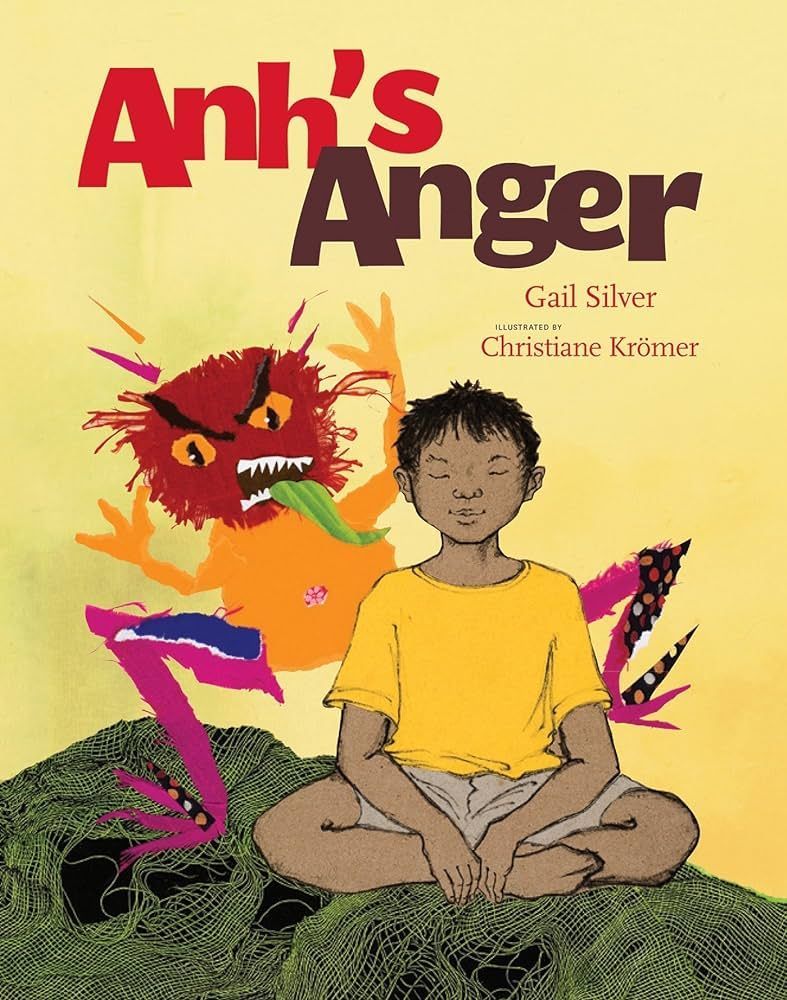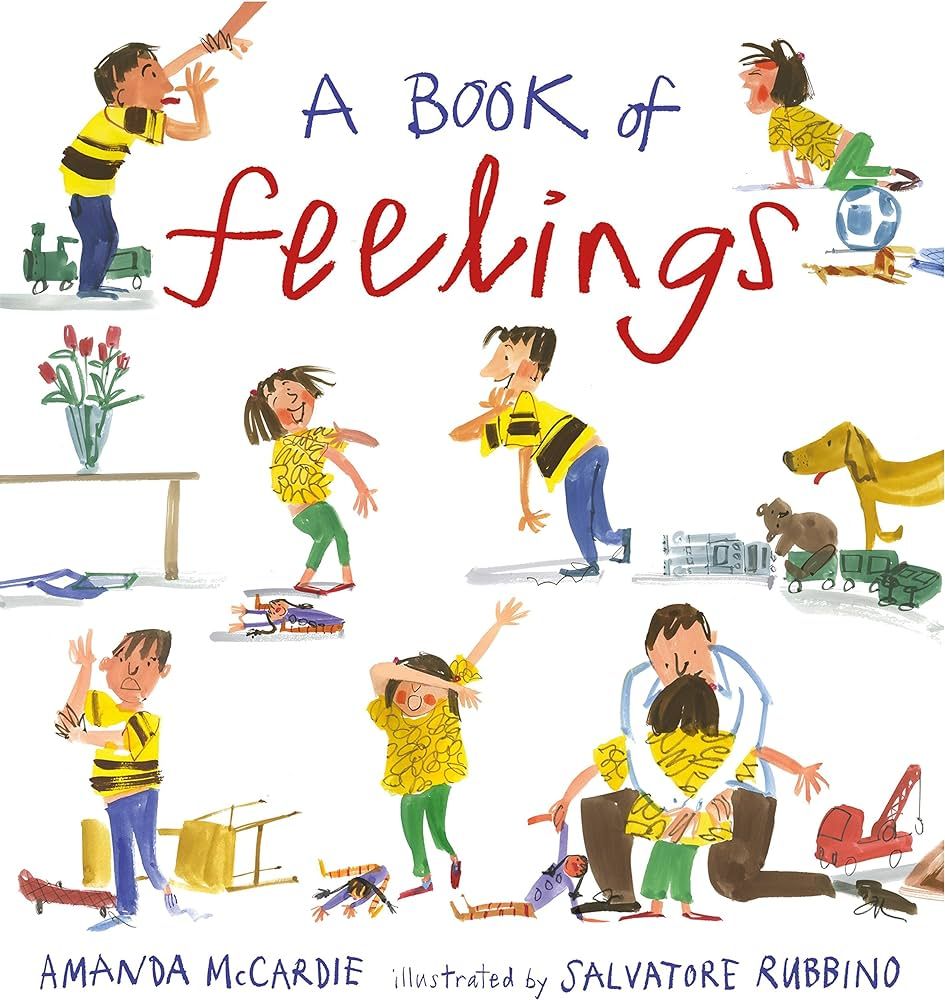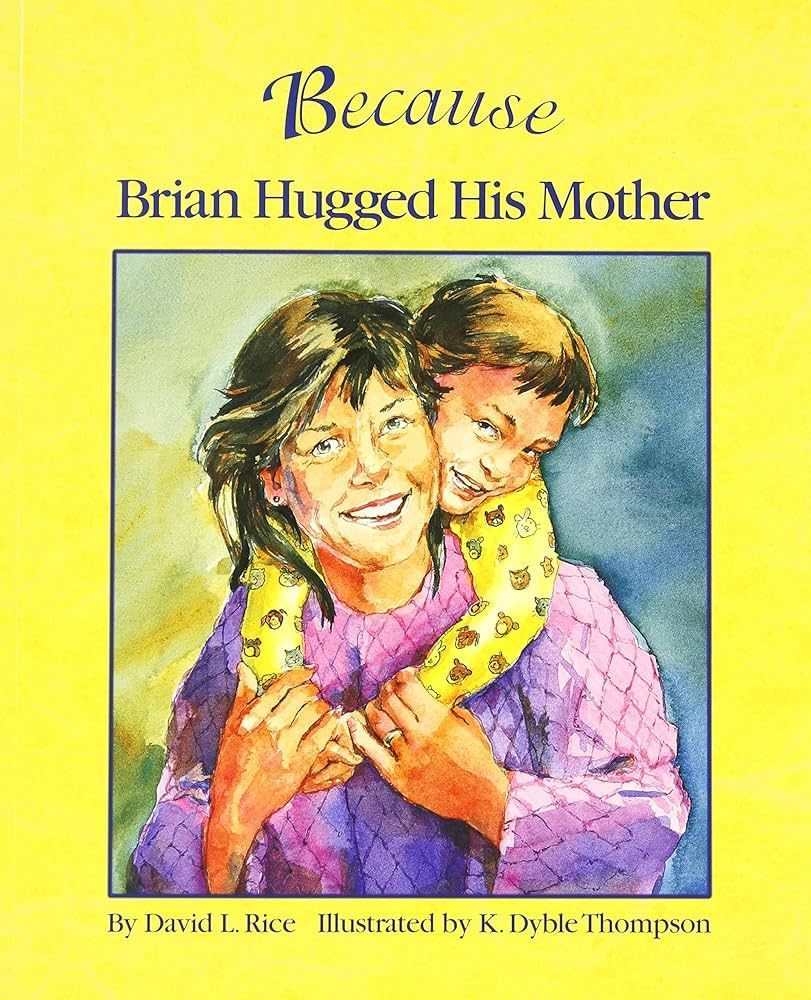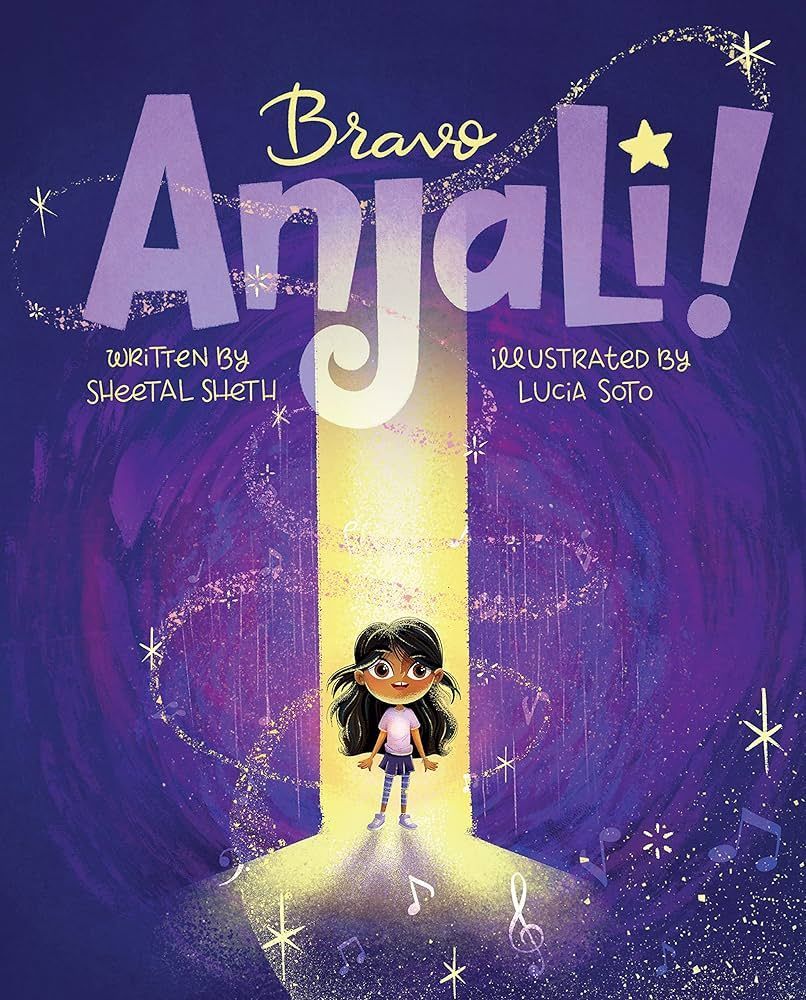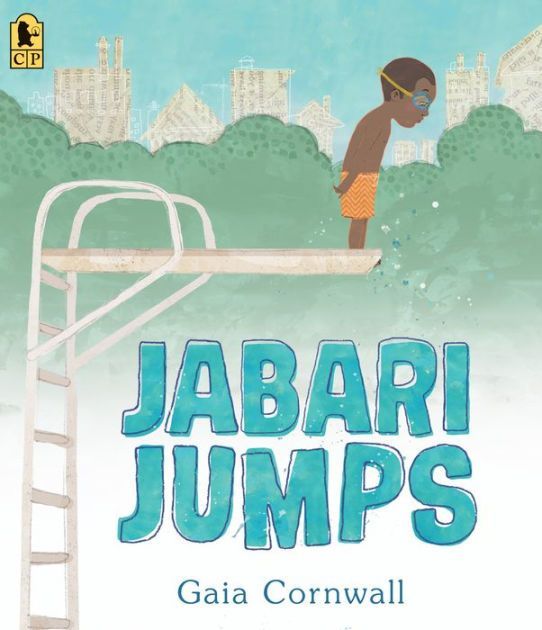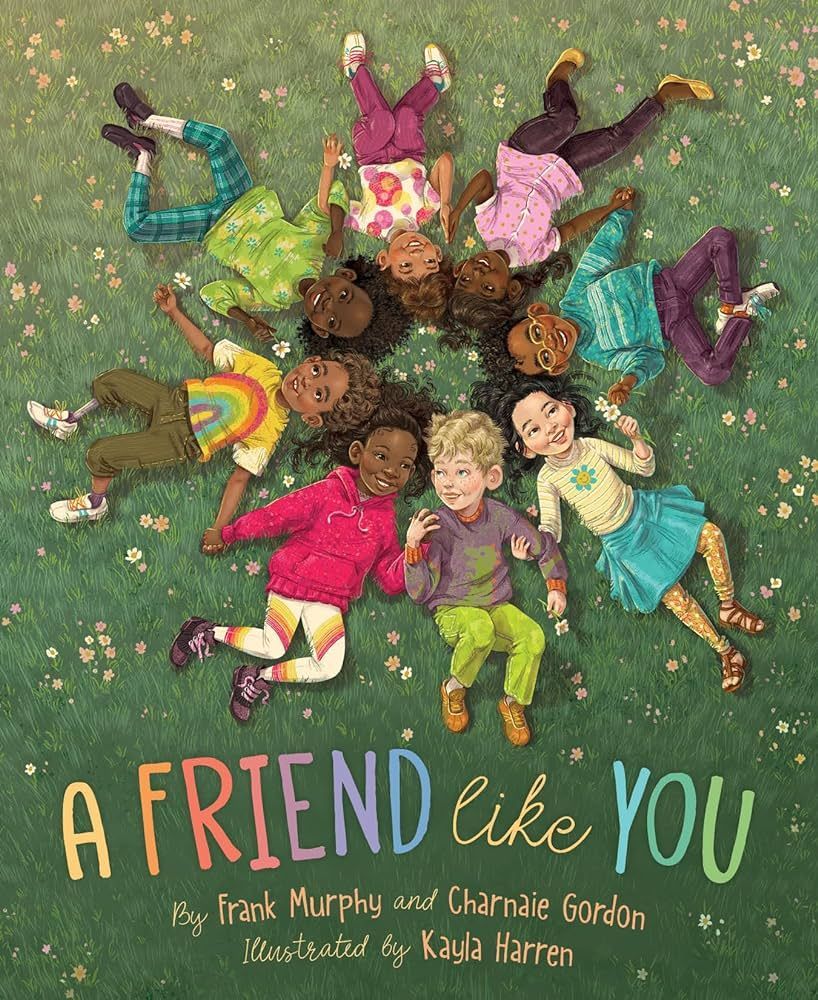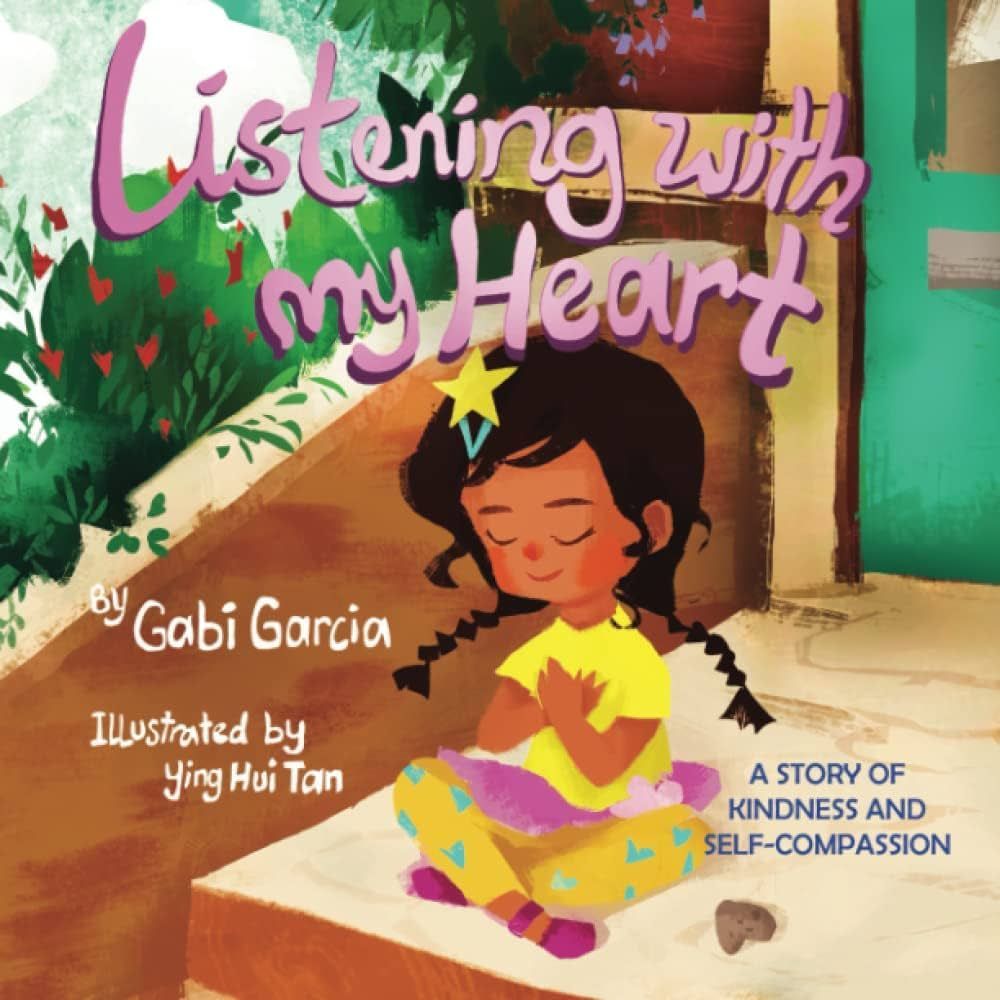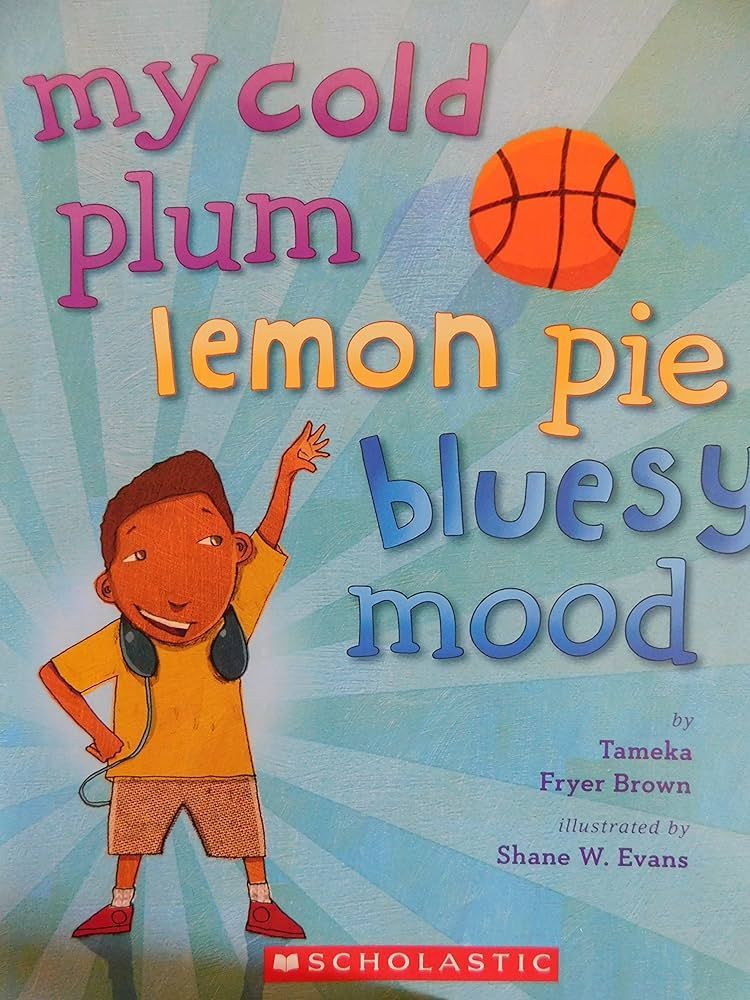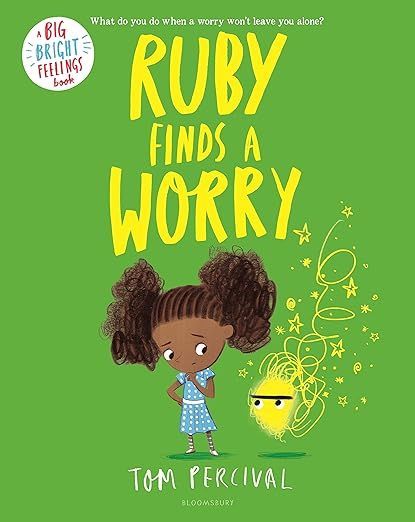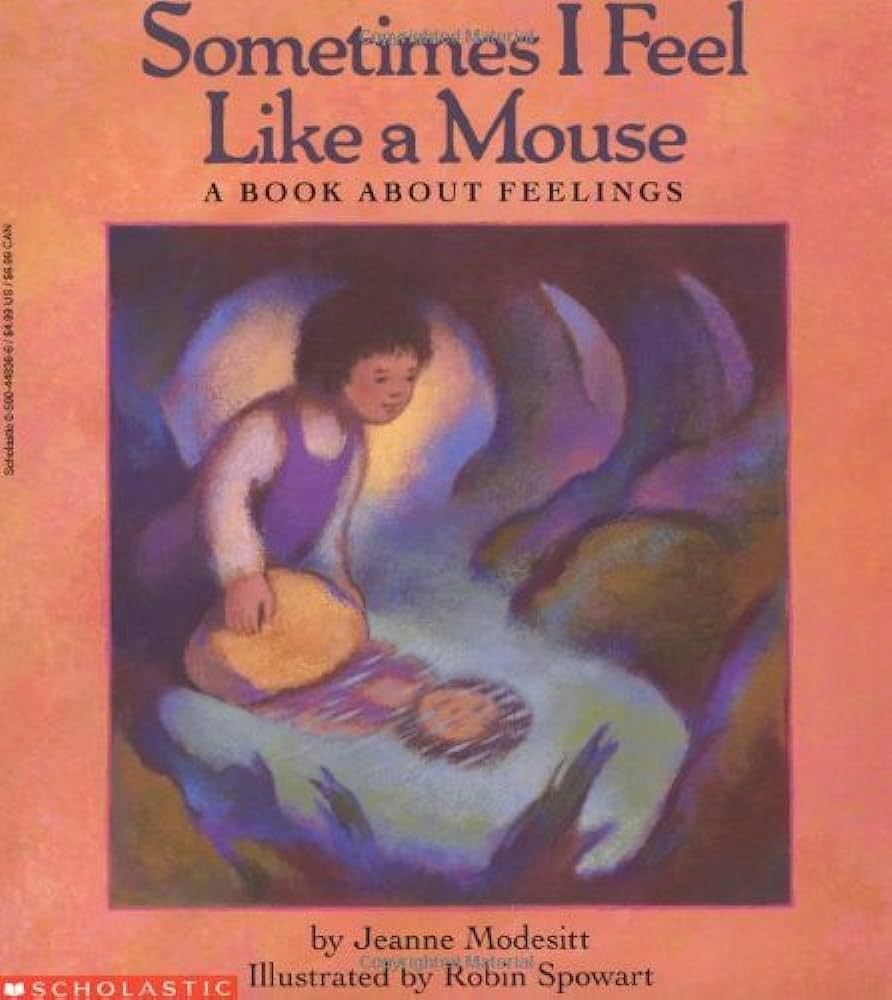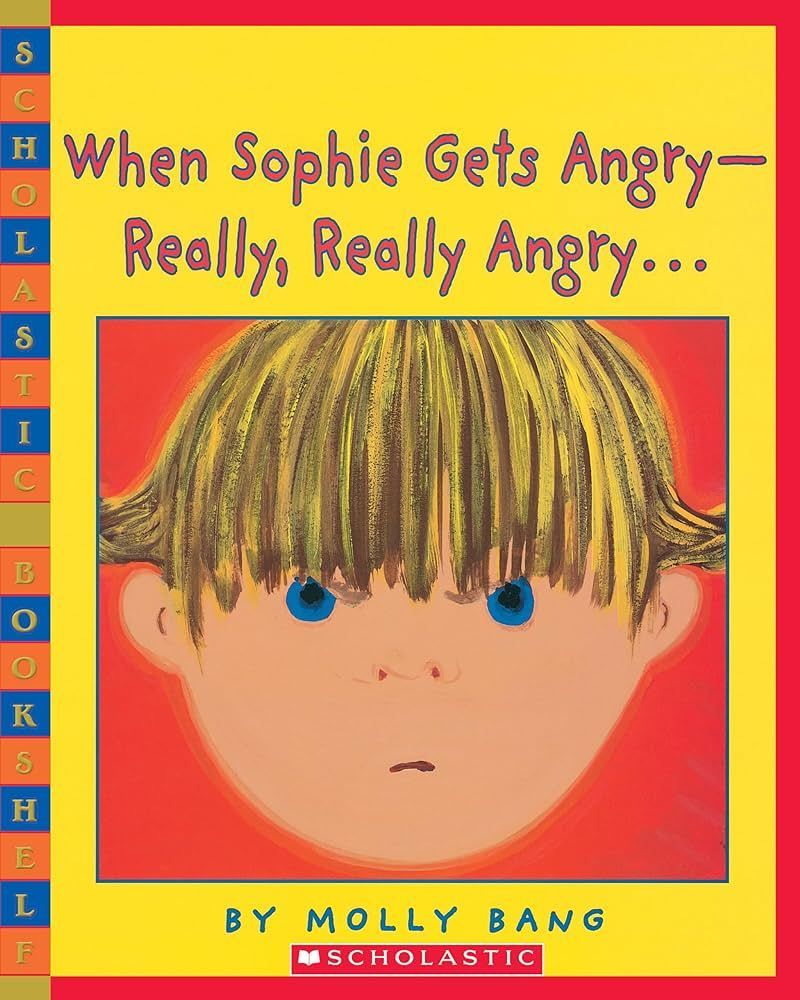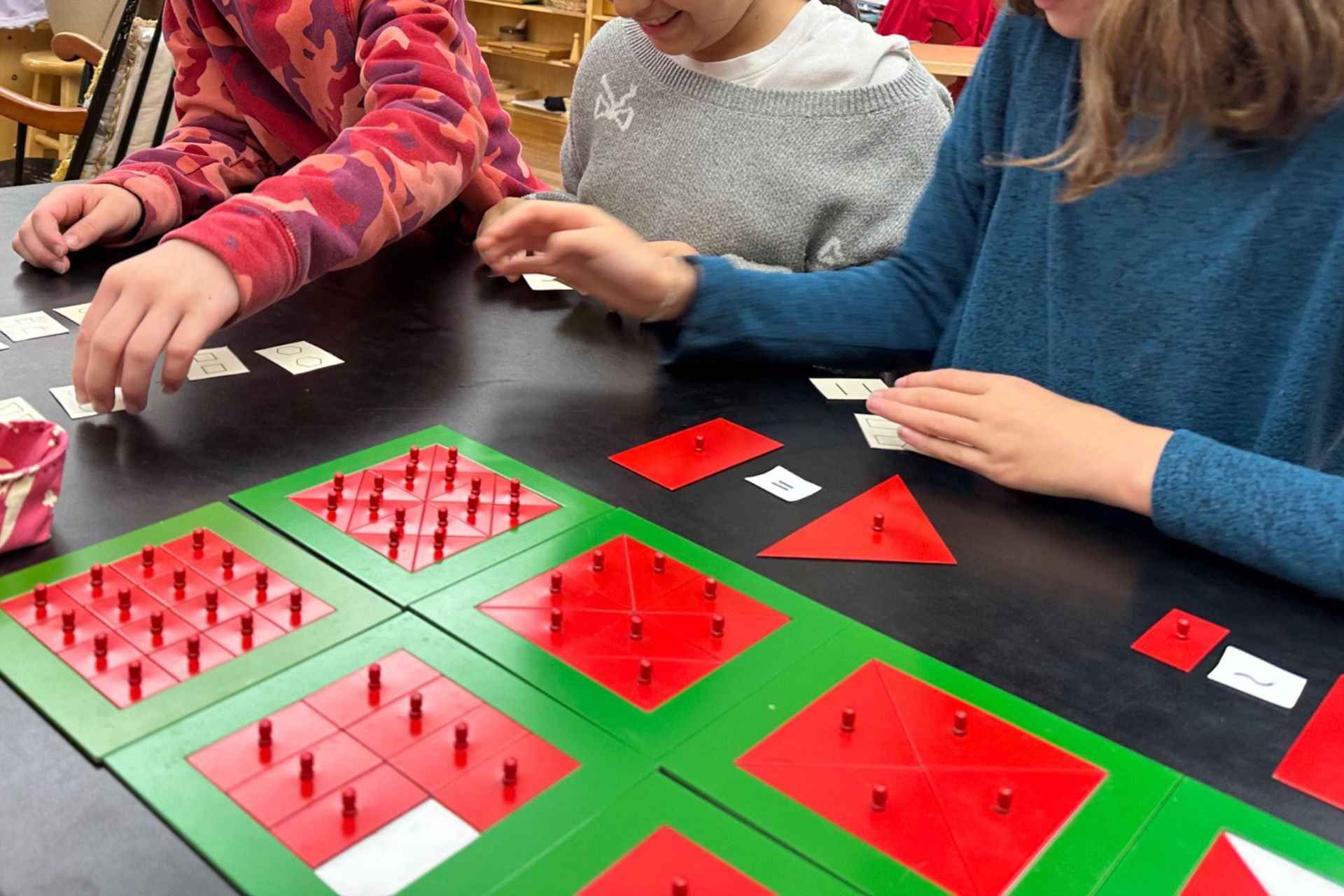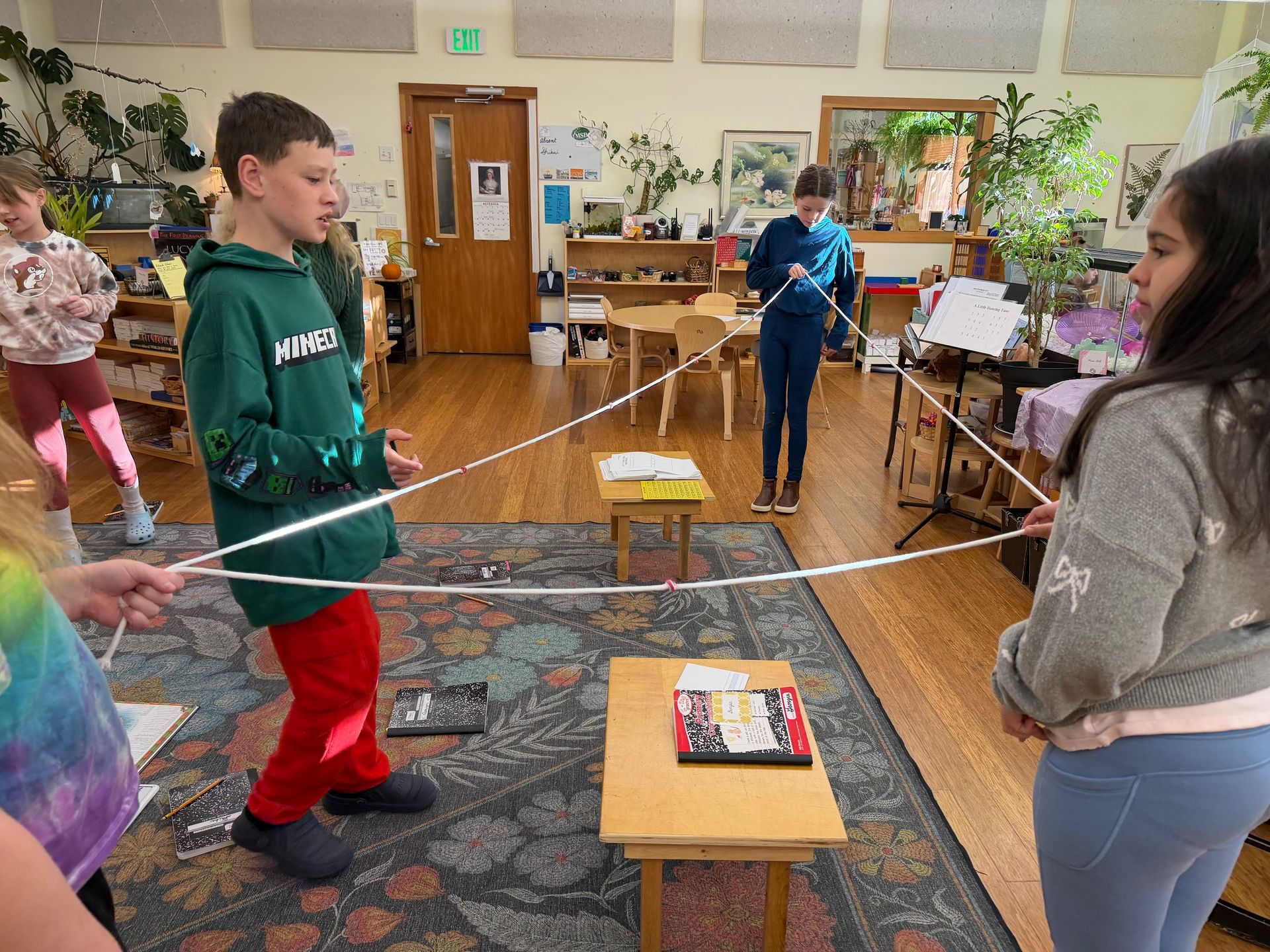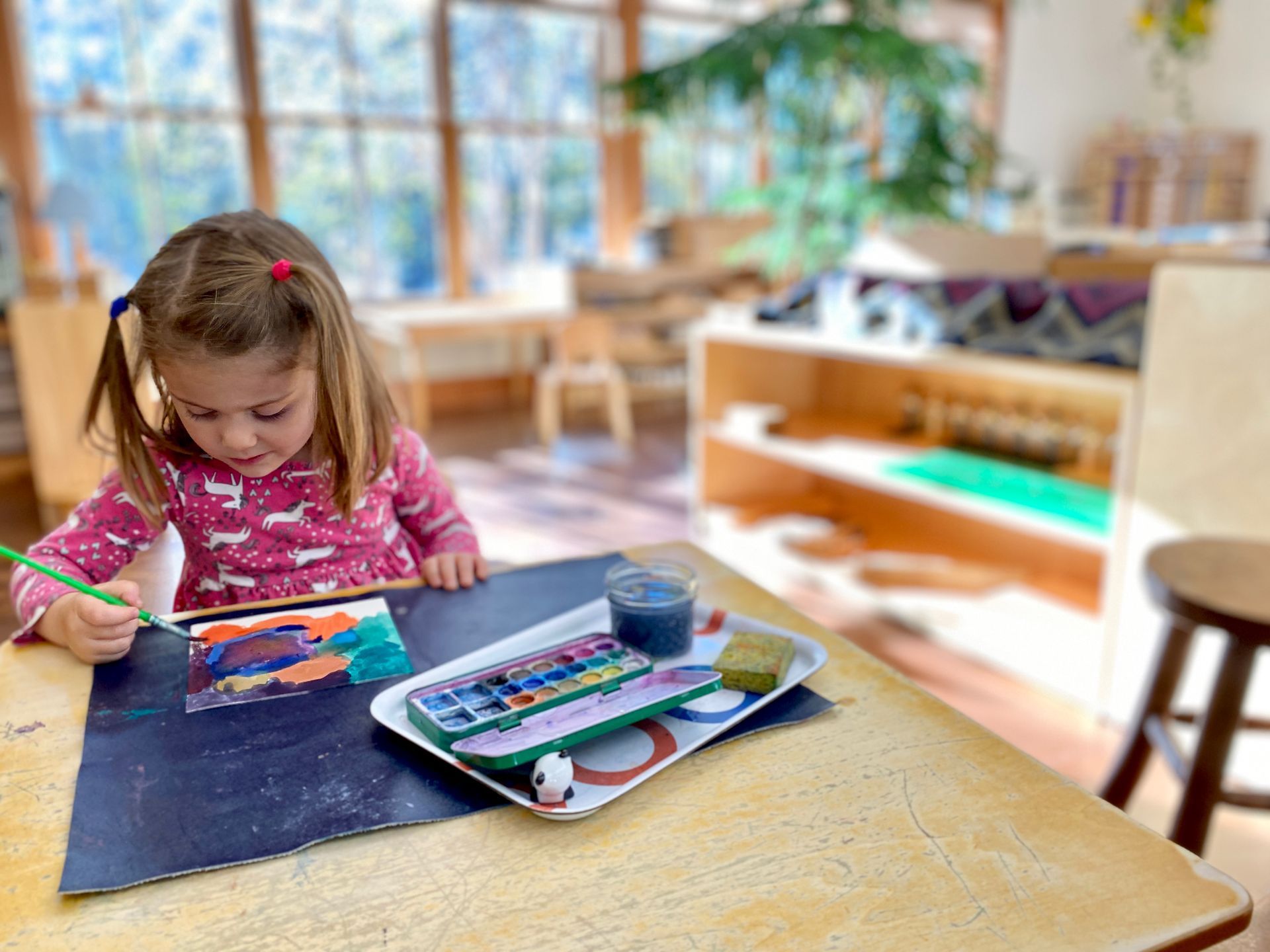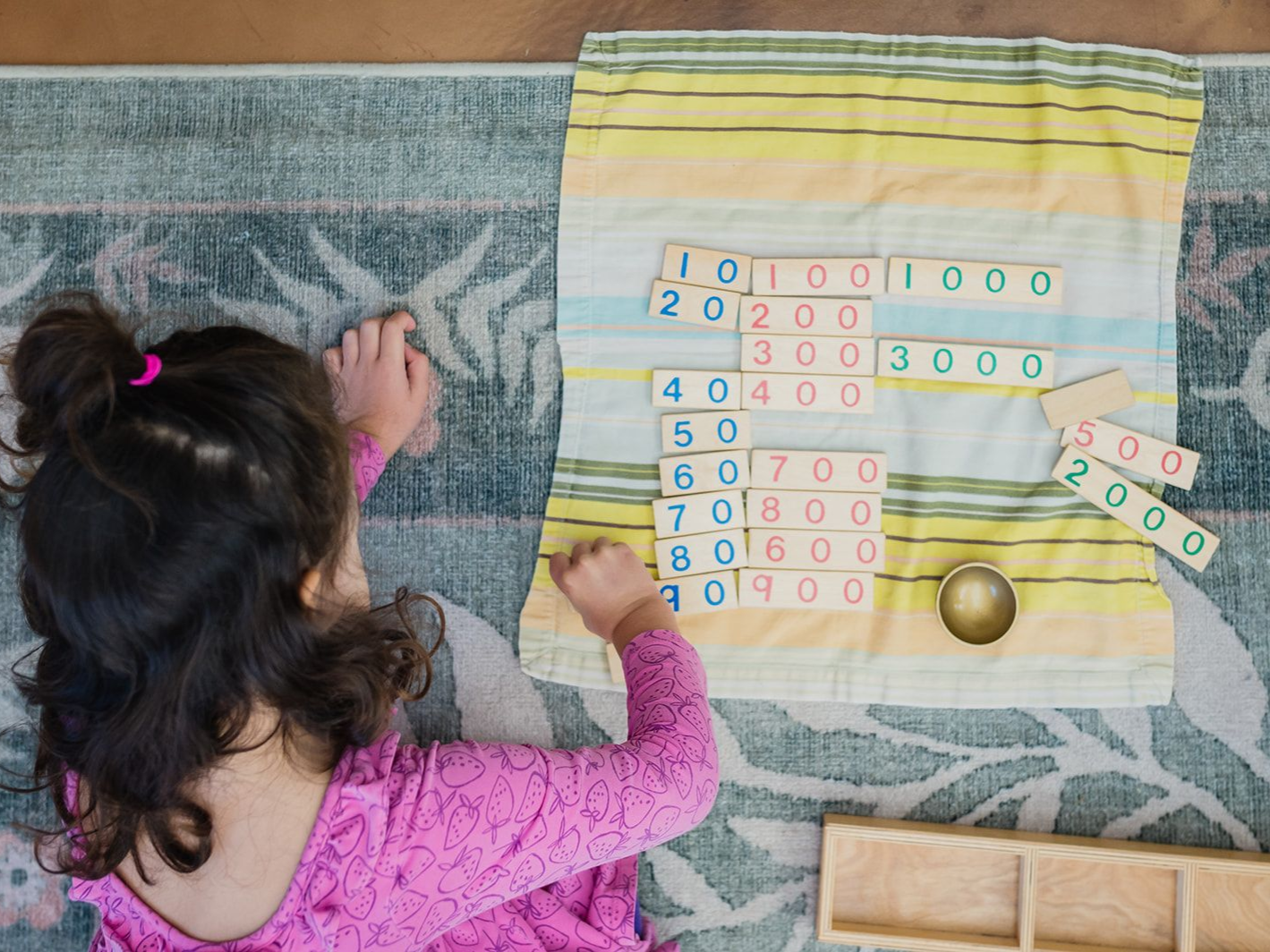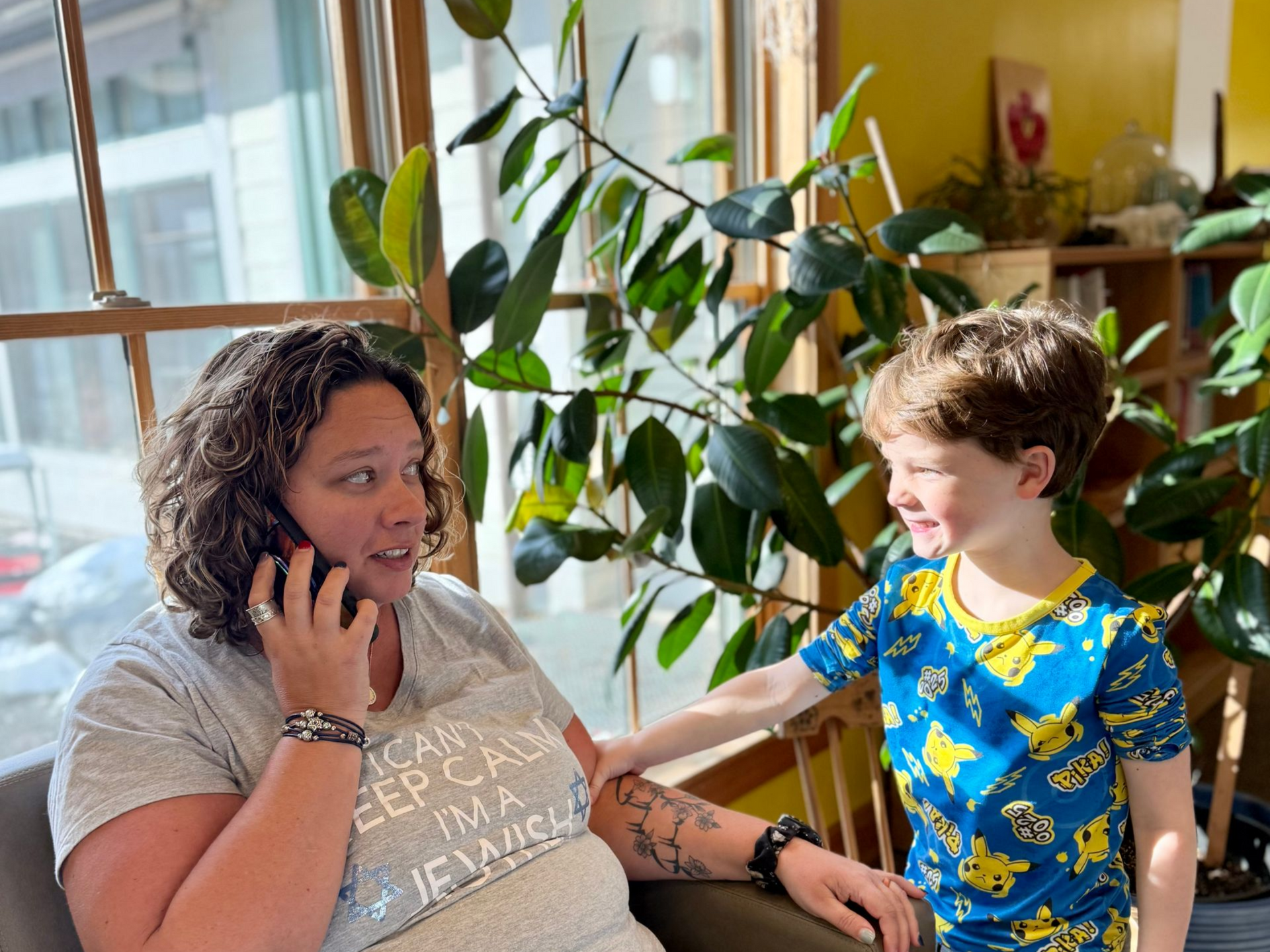Our Montessori Bookshelf: Cultivating Emotional Intelligence this Valentine’s Day
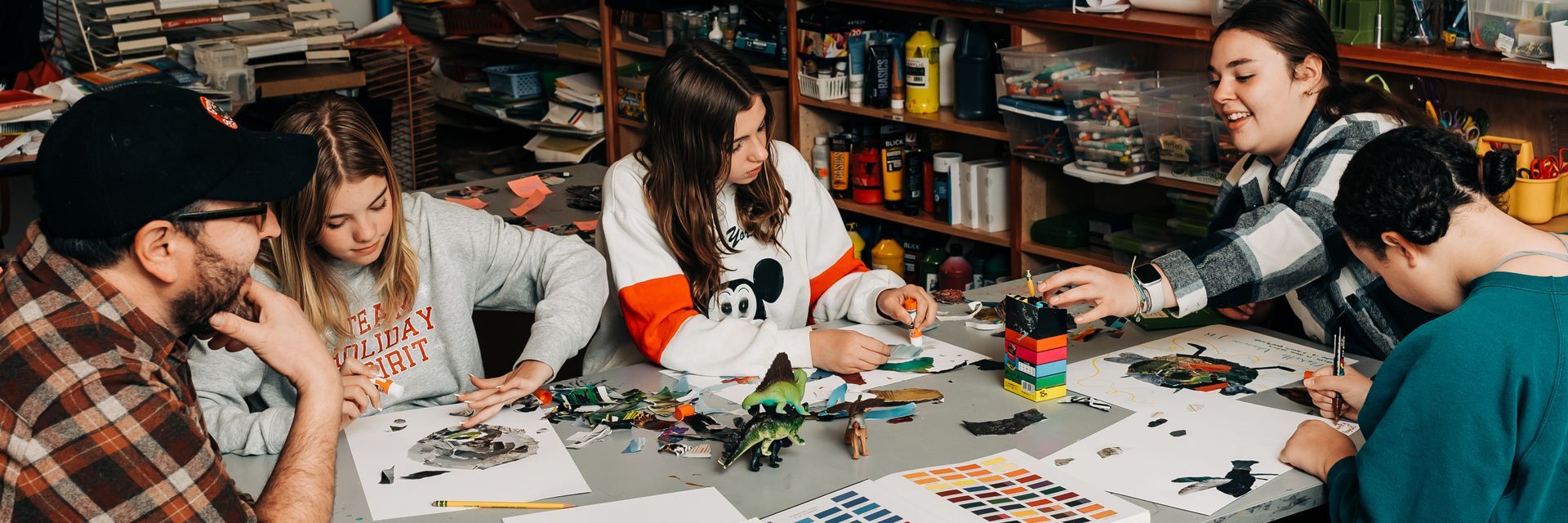
Valentine’s Day is just around the corner and it’s a great time to highlight social-emotional skills. A great place to start is empathy. Showing care and compassion is critical in relationship-building and forming strong connections. The cornerstones of empathy are being able to understand and appreciate others’ perspectives and having a shared emotional response.
Books are a tremendous tool for helping our young people develop social-emotional skills. One analogy for why this is the case is how books can be mirrors, windows, and sliding glass doors. When we see our lives reflected in the pages of a book, the book is like a mirror of our experience. When we view lives and stories that are different from our own, books are like windows that allow us to see new vistas. When we feel transported into the story and feel empathy for the characters, books become sliding glass doors that allow us to step into new worlds of understanding.
To celebrate the social-emotional opportunities this Valentine’s Day offers us, we are sharing some of our favorite books that cultivate emotional intelligence. We hope you can share them with your children and explore how they are like windows, mirrors, or sliding glass doors!
Anh’s Anger
By Gail Silver, Illustrated by Christiane Krömer
Big emotional reactions can be hard to understand. This story helps illustrate how anger is just one part of us. If we can give that part the attention it needs, we can take care of the feeling rather than letting it control us. This story also shows the power of adults staying calm and controlled in the face of big feelings. Illustrated with handmade collages, the images create a textured representation of Anh’s experience. Note: Due to having the anger characterized as an external monster, this book is most appropriate for children aged five and up.
Because Brian Hugged His Mother
By David L. Rice, Illustrated by K. Dibble Thompson
With one act of kindness at the beginning of the day, Brian initiates a domino effect of good feelings and actions. Each act leads to different kinds of positivity which then leads to more kind actions! This is a great book to share to counteract when children get caught up in a cycle of negative feelings and actions. The best part is how all the goodness returns (like good karma!) to Brian at the end of the day. And because Brian goes to sleep feeling loved, he wakes up feeling great, which sets up the day to start with another lovely act of kindness!
Listening with my Heart: A Story of Kindness and Self-Compassion
By Gabi Garcia, Illustrated by Ying Hui Tan
So often children’s books focus on everything going right. Yet how we handle ourselves, including our self-talk, in the face of disappointments and mistakes is important for emotional regulation. This is a story of Esperanza’s day: from her excitement about her part in the play, to her awareness of spreading love and kindness, to her heartbreak when she feels like she’s ruined the play, to her realization that we also need to be loving and kind to ourselves. This story can be read again and again, during good days and days that stink. The resources at the end of the book are also incredibly valuable for helping our children develop self-compassion and positive self-talk.
My Cold Plum Lemon Pie Bluesy Mood
By Tameka Fryer Brown, Illustrated by Shane W. Evans
Navigating the ups and downs of family life can bring up all sorts of feelings. The shifting colors of one boy’s mood come to life in the jazzy prose of this book: from a gloomy gray when brothers get pushy, to gentle green from a little sister’s smile, to racing red to get home before dark. Despite the challenges, everything comes full circle as the family comes together. A bonus to this book is that the author is a Montessori mom!
Sometimes I Feel Like a Mouse: A Book About Feelings
By Jeanne Modest, Illustrated by Robin Spowart
Simple and straightforward, this picture book demonstrates feelings through similes. The text is large and clear with the emotion words highlighted in colors that coordinate with the feelings. This is a great introductory book for our younger children and helps set the stage for identifying and naming how we feel at different times.
We hope these books offer you and your children new ways to explore the many aspects of our emotional lives. You can click here to
download a printable booklist. We also invite you to
schedule a tour to see how social-emotional learning is woven into the fabric of Montessori classrooms.




